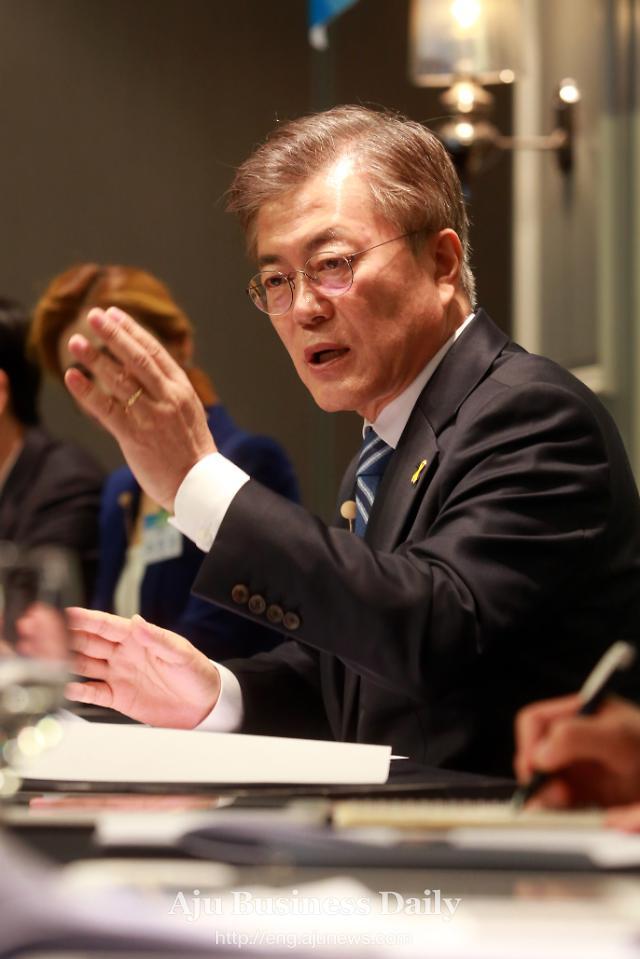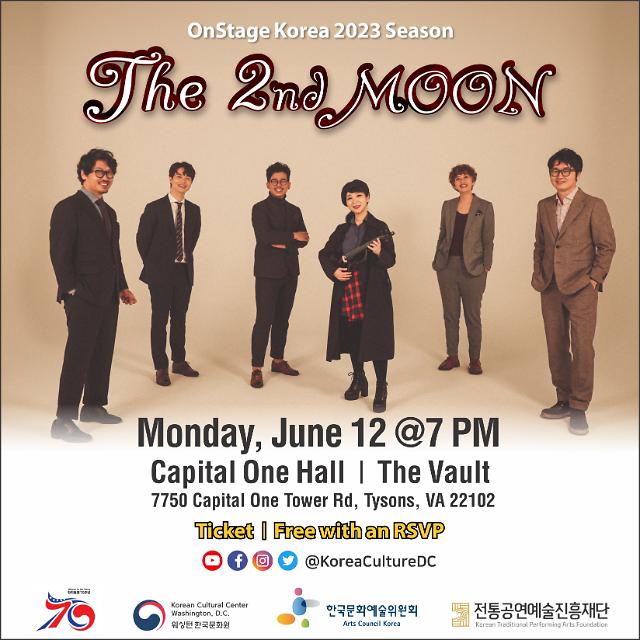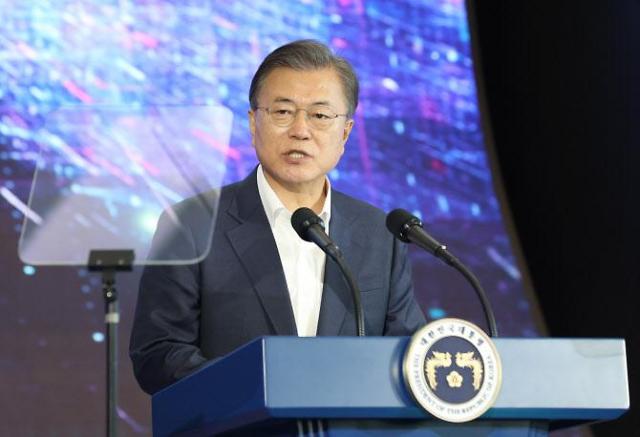
[Photo by Namkung Jinwoong = timeid@ajunews.com]
South Korea's powerful conglomerates are certain to become the main target of economic reforms as Moon Jae-in pledges strong economic reforms to enhance corporate transparency or advocate great spending on public welfare with money coming from increased corporate tax revenues.
Moon described unfair business practices by the family-run conglomerate, known as chaebol, as "old evils" that should be eradicated, revealing antagonism to their dominant role in South Korea's economy. A corruption scandal involving ex-president Park Geun-hye and her aides fanned public anger at collusive ties between businessmen and politics.
Moon promised to push for far-reaching economic reforms, calling for a fresh drive to eradicate injustice and corruption. His "J- nomics" focuses on redirecting government spending into a "people-oriented economy".
"I will change the economic structure to one centered on the people, in which the government will invest in people, who will then improve the competitiveness of companies and the country," Moon said.
To prevent the conglomerates from making excessive or unwarranted profits using their market dominance, Moon said he would enable class action through legal revisions and reform the Fair Trade Commission, an influential state anti-trust watchdog.
South Korea should change the paradigm from its growth strategy centered on big firms, he said. "I want to accomplish people's growth that can bring benefits not only to the rich and conglomerates but also to small and medium enterprises as well as all citizens."
Moon also sides with environmental activists who want a fast policy shift from fossil fuels to renewable energy sources. He supports the idea of scrapping the planned construction of two new reactors at South Korea's main Gori complex, blocking any extension of life for old reactors, and suspending those vulnerable to earthquakes.
South Korea, which has almost no reserves of fossil fuels on its territory, has actively pushed for a nuclear energy program despite growing public concerns over nuclear safety, aging facilities and sporadic blackouts caused by faulty parts.
The operators of nuclear reactors which generate about 30 percent of the country's power supply have been under pressure to close old facilities. Japan's 2011 nuclear meltdown in Fukushima drew unwelcome attention to the use of nuclear energy, but Seoul has vowed to stick to its nuclear power program.
Lim Chang-won = cwlim34@ajunews.com




